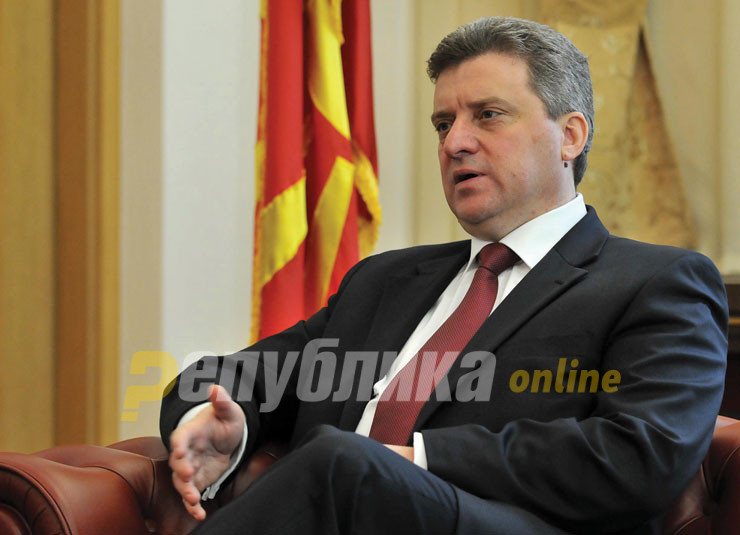According to an analysis published by Infomax, there are no legal obstacles if President Gjorge Ivanov decides to pardon the victims of political persecution imprisoned by the Zoran Zaev regime. The President was called out by the public to pardon the 16 former officials and activists arrested over the April 2017 Parliament incident, but also numerous other individuals from the opposition who are being systematically targeted with politically motivated charges.
The site consulted legal experts who insist that President Ivanov has until May 12th to issue pardons, if he chooses to do so, and that his decision would be irrevocable and his successor would not be able to bring it down. In a sign of the times, the experts consulted by Infomax insisted on anonymity and the site only informs that they include university professors, judges, lawyers and members of Parliament expert bodies.
One of the issues they covered is the period of 30 days under which the President can withdraw the pardon, especially if the recipient asks him or her to do so. This clause was introduced in the controversial 2016 law under which numerous politicians from all sides of the political divide asked Ivanov to withdraw the mass pardons he gave them, at a moment when the President was trying to put an end to the political crisis and to avoid the situation where, as he said, national interests would be put at stake by blackmailed politicians.
This clause was cited in a scenario under which if Ivanov gives pardons less that a month ahead of the end of his term on May 12th, then the next President might be able to revoke them, especially if the SDSM – DUI candidate Stevo Pendarovski wins the elections. But, the experts insist that this is a misguided interpretation of the law, because the law states that the 30 day period applied only to the mass pardons given in 2016 .
A strong argument in favor of President Ivanov opting to use his right to give pardons, on top of the clear political bias in the massive prosecution that is happening in Macedonia, is the fact that many of the original defendants in the April 2017 case already received pardons. The Zaev Government used the case to blackmail half a dozen of opposition members of Parliament and threaten them with long jail sentences unless they vote in favor of renaming Macedonia. Three of this group broke, and negotiated pardons with Zaev, which then also applied to some of the protest organizers. But, participants in the protests who did not have anything to bargain with with Zaev, such as seats in the Parliament, were left serving sentences from 7 to 18 years, under trumped up “terrorism” charges.





Comments are closed for this post.